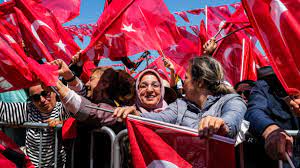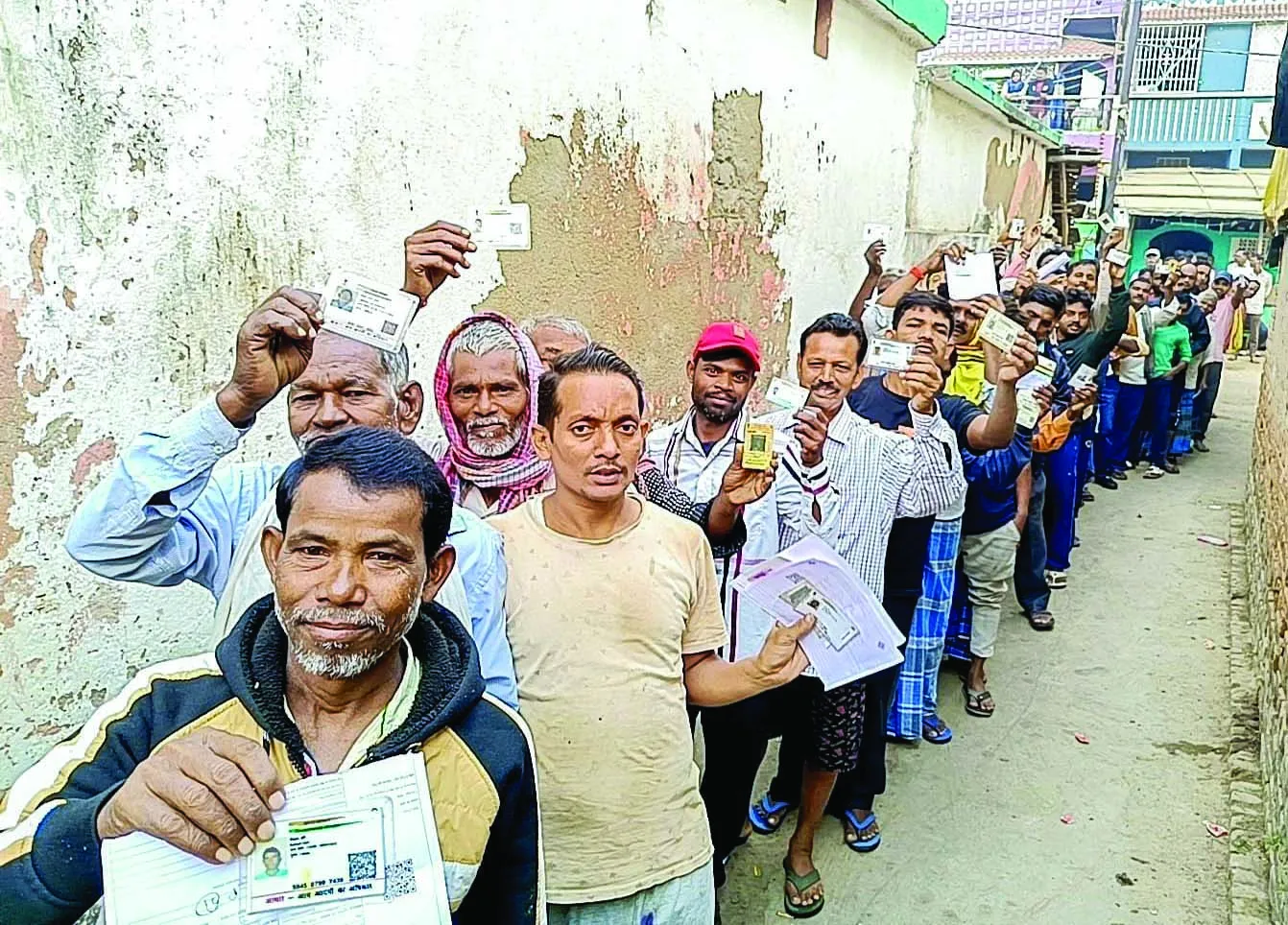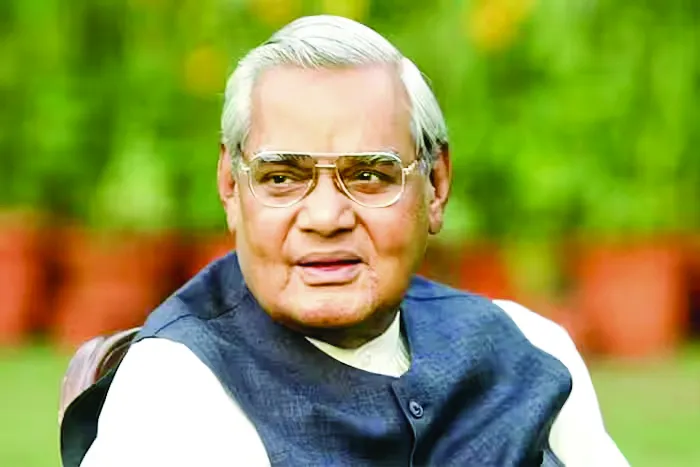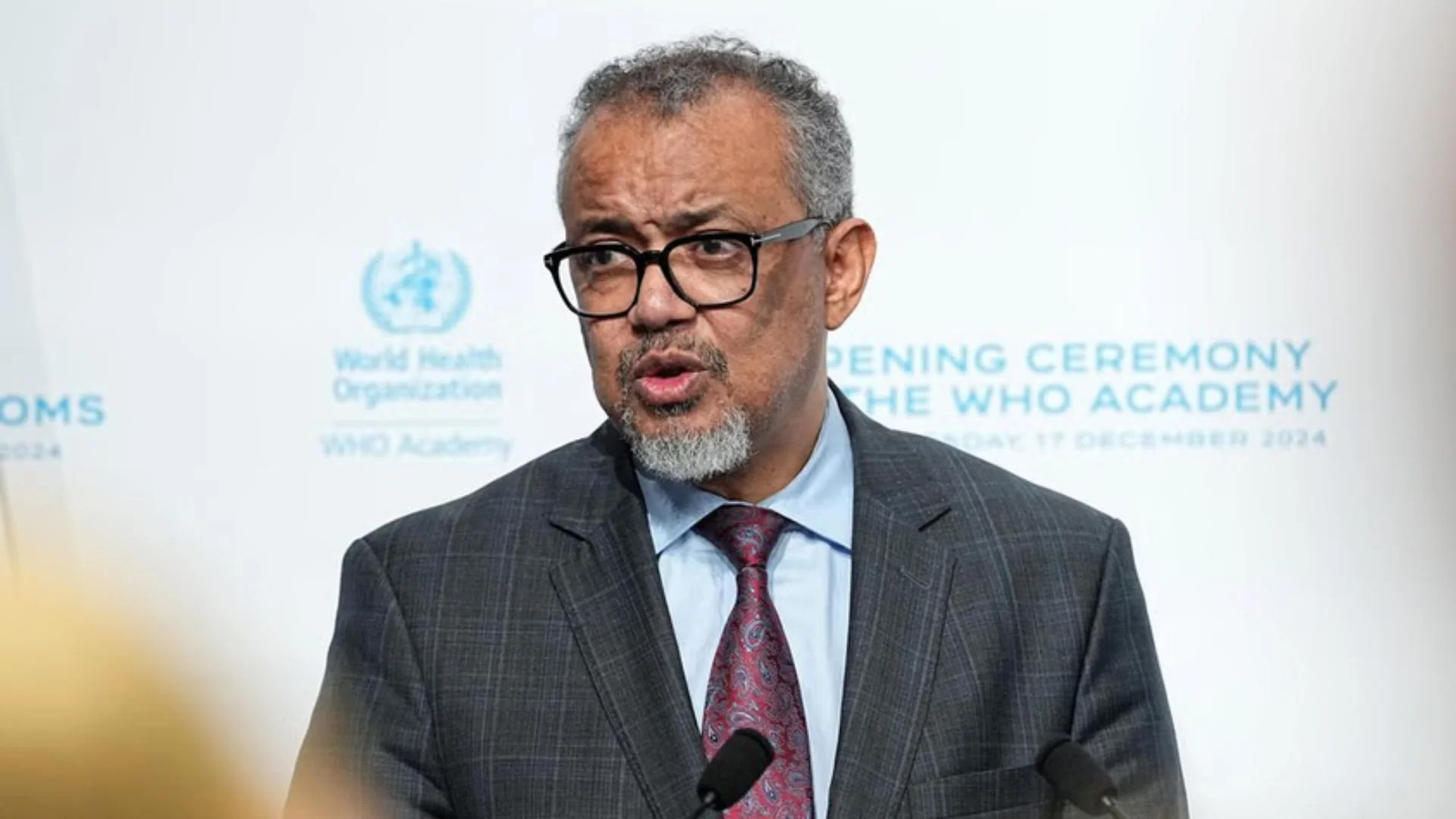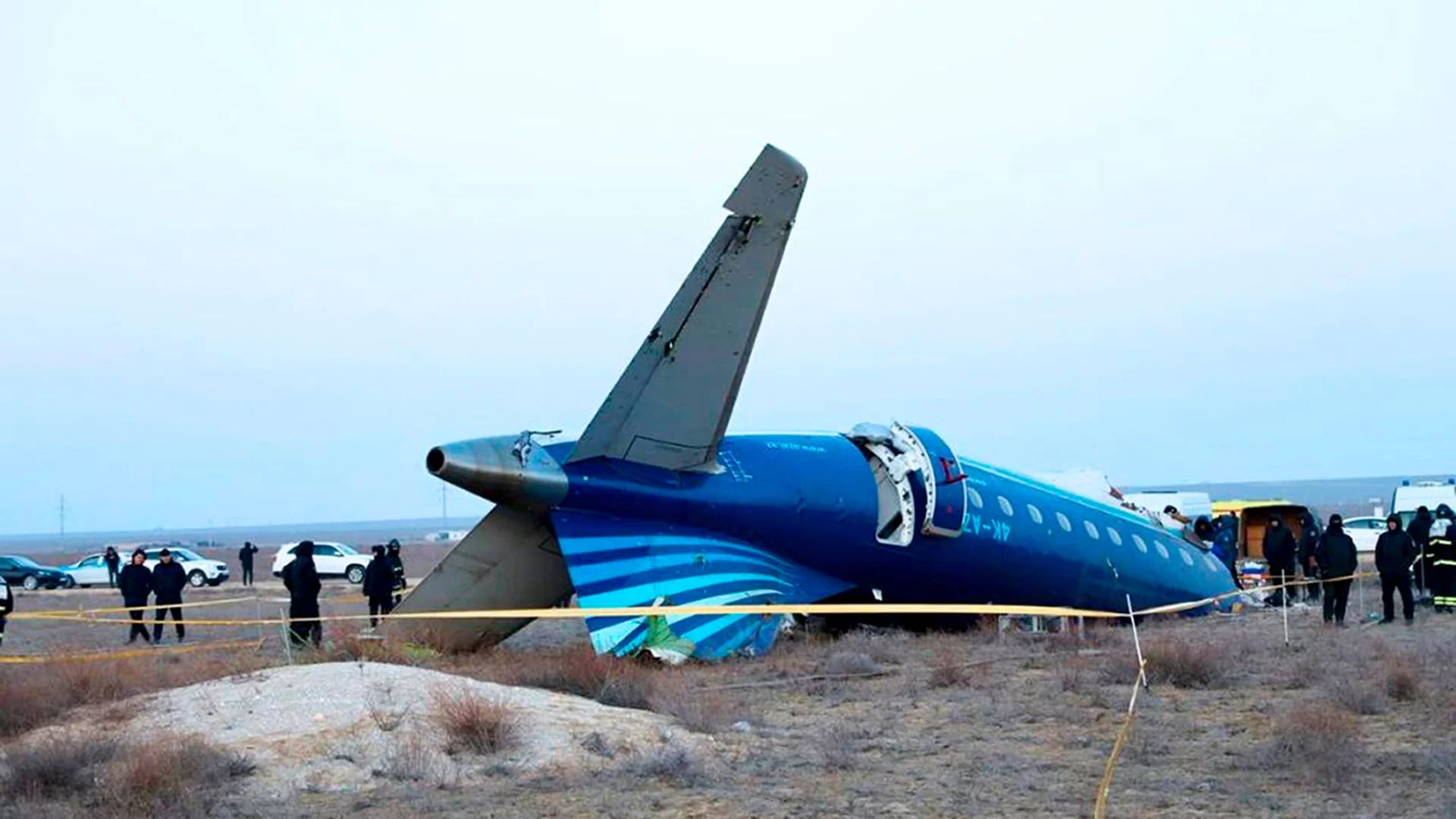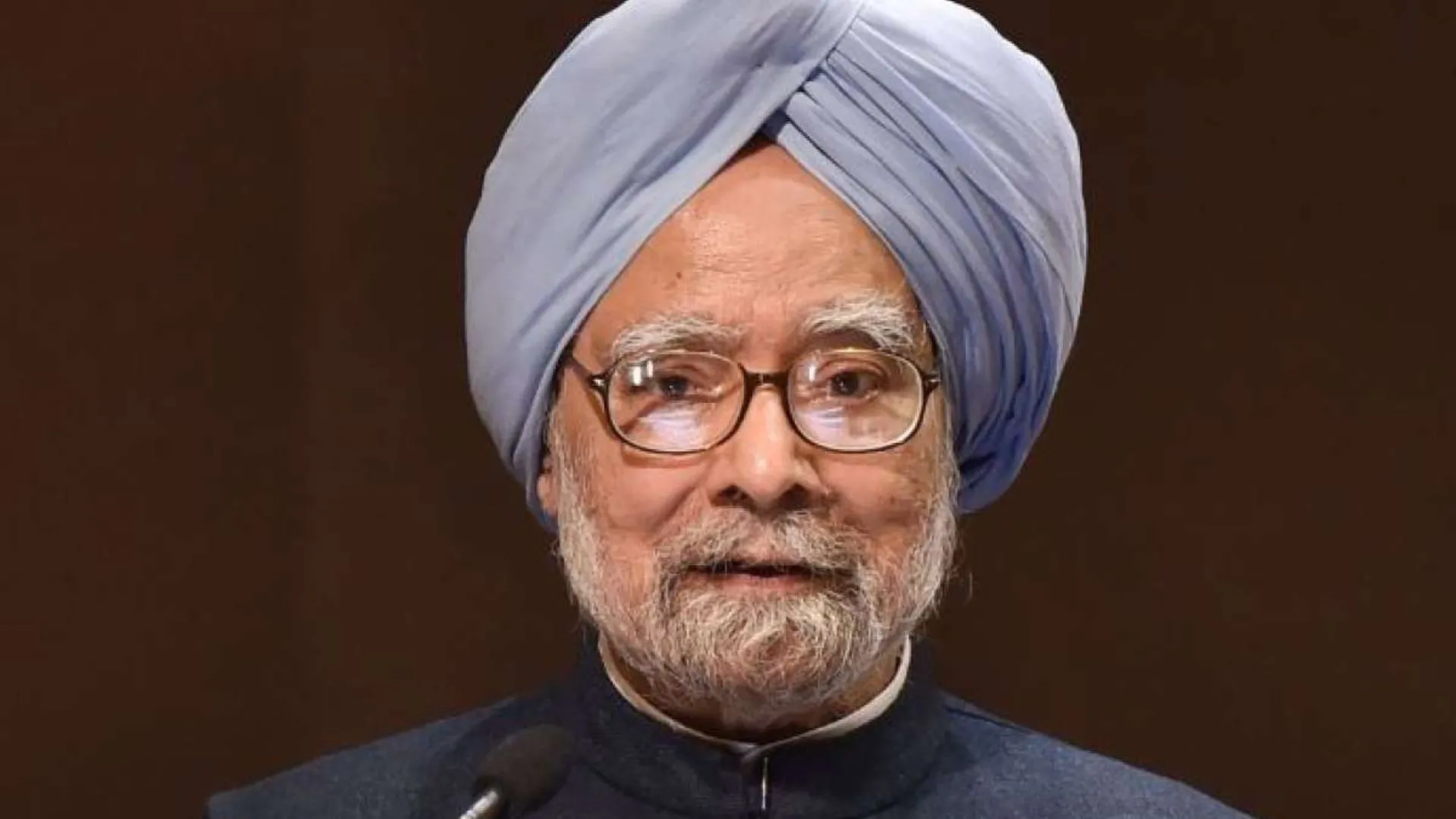The Turkish election for the President and the Parliament took place on Sunday (14 May). Political pundits and analysts place a high value on this election. It will not only decide Erdogan’s fate and determine whether Turkey stays committed to gaining political support from Islamic religious positions or strives to become a liberal, democratic, and progressive country influenced by the democratic principles.
Recep Tayyip Erdogan has been at helm of affairs of Turkey for over two decades. He has recently displayed pro-Islamist tendencies, sometimes acting indignantly and other times like a gentle zealot. Erdogan recently changed Hagia Sophia, a 4th century Byzantine church to a mosque, an apparent snap decision that faced flak from the world community in unison. What really drove Erdogan to act in such a controversial manner? Despite the fact that the decision was primarily made to appease Arab Muslims, many believed it as being anti-Christian. Erdogan aspired to become the most deserving leader to preside over the Sunni Muslim world. He frequently prays in public and meticulously exhibits his Islamic faith by quoting passages from the Quran in his speeches.
India and Recep Tayyip Erdogan have not exactly had the best of relations lately. He is a compulsive offender, when it comes to his barbs on Kashmir at international forums. Last year in Sept at United Nations General Assembly (UNGA) session, he made un-necessary remarks on Kashmir. Earlier in 2020, in an address at Pakistan’s Parliament, he had compared “the struggle of Kashmiri people with that of fight by Turkish people against foreign domination during the World War I”. Same year, Aamir Khan attracted the wrath of many twitteratis after pictures from his visit to Turkish First Lady Emine Erdogan in Istanbul surfaced on social media. He tried to stick his nose once again, during Feb 2020, anti CAA demonstrations in Delhi that resulted into chaotic riots. He also backed Pakistan on Kashmir and shrieked anti-India stance on revoking Article 370 at UNGA. He, along with Malaysian ex-Prime Minister, nonagenarian Mahatir Mohammad and Imran Khan, tried to form a troika against the Arab leadership in a bid to head the Muslim Ummah.
With the election this Sunday on 14th, Turkiye’s fractured opposition has united against the autocratic and hedonistic rule of Erdogan. Kemal Kilicdaroglu, an economist, retired civil servant and social democratic politician, has come up as a chosen leader by a coalition of six liberal political parties that has formed an alliance against Erdogan. Kemal’s party, centre-left CHP, was established by Mustafa Kemal Ataturk, the founder of modern Turkey. Erdogan’s boisterous attitude is exactly the antithesis of the mild-mannered, bespectacled former bureaucrat, Kemal. Kemal supported the government in the 2016 coup d’etat attempt. A couple months later, his convoy was attacked. Kilicdaroglu organised the “March for Justice” in 2017 to protest President Erdogan’s crackdown on dissent in the wake of a failed coup in 2016. Kilicdaroglu walked 450 km from Ankara to Istanbul with a sea of supporters. “Building on the Gandhi analogy, some are…comparing Kilicdaroglu’s protest with the Mahatma Gandhi’s famous Salt March of 1930, when he and his followers walked 240 miles to the sea coast to protest the British colonial monopoly on the production and sale of salt,” opined Dundar, a former editor of a Turkish daily.
Kilicdaroglu spoke out against the detention of more than 20 Academics for Peace who signed a petition protesting a military crackdown in the Kurdish-dominated southeast in January 2016, and as a result, he was charged with insulting President Erdogan for saying things that imply the President is a tyrant. The sprightly 74-year-old, Kemal, often compared for his looks, mannerism and ideology, with Mahatma Gandhi, has focused his campaign on a pledge to eliminate Erdogan’s presidency system, which detractors have derided as “one-man tyranny,” and bring Turkey back to parliamentary democracy. Turkey has always had a troubled experimentation with fundamental Islam on one side and Ataturkian way of religious acceptance. Crucial factor for Kemal Kilicdaroglu in this election shall be his “Alevi Faith”. Alevis are a religious minority that shares characteristics with Shia Islam, Sufism and Anatolian folk traditions. They make up an estimated 10 per cent to 15 percent of Turkey’s population and have faced widespread persecution. Mild mannered and soft spoken, Kemal Kilicdaroglu has emerged as a consensus candidate by the opposition to fight against Erdogan.
Erdogan faces the biggest electoral challenge of his career. Turkey’s economy has deteriorated throughout Erdogan’s two-decade rule. The official unemployment rate is above 10%, while the inflation is more than 50%. The majority of Turkish citizens choose to hold US dollars and store their money overseas since the confidence of Erdogan’s financial policies has significantly decreased. Last year, Turkiye faced, 85% inflation, an all-time high. Erdogan is believed to have converted Turkey into an ineffective authoritarian state where the regular people face problems. There has been a great deal of unrest reported against him. February 2023 earthquake proved to be the last nail in the coffin for, Erdogan as he was severely criticized for his mismanagement during this natural disaster, which resulted in more than 50 thousand deaths. An Indian contingent had been swiftly sent to aid with the rescue efforts despite his anti-India stance. However, the local populace is dissatisfied with how Erdogan’s administration handled the earthquake’s aftermath.
It is interesting to keep in mind a few details concerning the May 14 polls as the entire world keenly awaits the results. A month after his victory, in July 2018, Erdogan changed Turkey’s parliamentary government to a presidential one. Since the Prime Minister position was eliminated, the President is now chosen by the people. This election shall decide fate of more than four million Syrian and Afghan refugees, languishing in Turkey. If voted to power, Kilicdaroglu has pledged to deport them. According to western commentators, ouster of Erdogan shall end the belligerent and hawkish Turkish foreign policy. Turkey shall once again be democratic, prosperous, ready to pursue membership in the European Union, and better aligned with its NATO allies. Will Kemal Kilicdaroglu’s Turkey, usher friendly and peaceful Turkey vis a vis Europe, USA and perhaps India too, only time will tell.
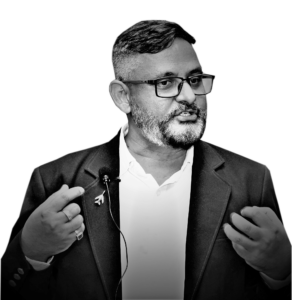
Siddhartha Dave is an alumnus of the United Nations University in Tokyo and a former Lok Sabha Research Fellow. He writes on foreign affairs and security.

